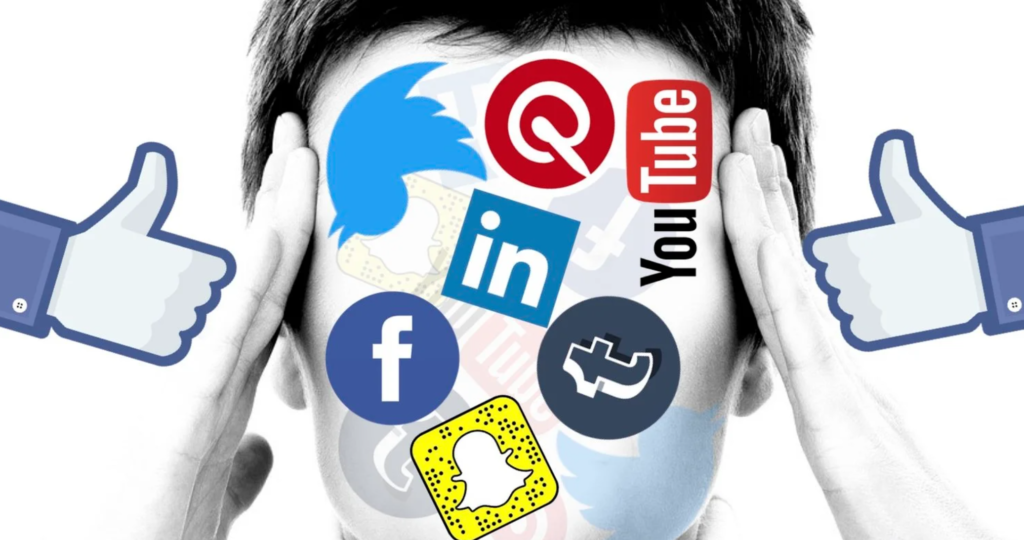Our wellness is defined by how we feel – It’s our state and our personal view of that. The World Health Organization (WHO) defines health as “a state of complete physical, mental, and social well-being and not merely the absence of disease or infirmity (illness).” WHO defines wellness as “the optimal state of health of individuals and groups,” and is expressed as “a positive approach to living.”
Many approaches to wellness focus around physical exercise with lots of research connecting exercise, particualrly that conducted outside in nature as being a great remediator of mental health. Take a walk and smell the roses.
Whilst solutions to the impacts of mental ill heatlth are valid so too is an investigation into the underlying causes
Most cause of mental health fall into one of three catgeories though clearly there is a lot of inter-relatedness
- Lifestyle – What we do
- Psycho Spirtual – What we feel
- Bio-Chemical – What we’re made of
It is widely acknowledged that we respond poorly to increasing extremes of social abundance and density. As the density of our urban populations increase along with increasing levels of uncertainty of where we are headed as a collective, our health characteristics, mental and physical, are regressing .
Whilst social media can help us stay connected there’s evidence of a net negative effect and the aggrevation of mental health. The American Academy of Paediatrics has warned about the negative effects of social media in young kids and teens, including cyber-bullying and “Facebook depression” from FOMO and FOOPO.
“ We are reliant on social media, and there may be nothing more externalising or control-lowering than posting a photo of yourself on the internet and waiting for people to judge you.”

How we feel about our money and our economic conditions has a massive impact on our wellness. We have long known that money worries contribute to health worries. Research shows money stress can make people up to 20 times more likely to make a suicide attempt. In deed the financial conditions have been magnified by the COVID pandemic.
Whilst banks have helplines for this in financial stress there is a lot that can be done within the financial experience to drive feelings of financial wellness.
We do well to understand that comparisons matter. How we view rewards and punishments depends on the rewards and punishments handed to the people next to us. While we may be grateful with a 5% raise , we might be deeply unhappy if our colleague receives a 10% raise. The comparison between the outcomes in our lives and the outcomes in other people’s lives is a big factor in determining our satisfaction with a particular outcome.
Having just lost is worse than having wildly lost. Coming 2nd is worse than coming 3rd. Missing the lottery by one number is worse than missing it by many numbers. We start making judgements about how good things could or could not have been and this affects how we feel.
People prefer to endure more pain so long as the experience ends on a pleasant note, a phenomenon known as peak end experience. By 1990 colon cancer was killing 60,000 people a year in the US. Like most cancers, early detection is critical, but following an initial and uncomfortable colonoscopy, few patients were returning. An experiment was run whereby one group had the colonoscopy yanked out at the end in a wham bam thank you mam ending. In the other group, they felt the tip of the scope linger in their rectums for an extra three minutes at the end. Those in the second group rated their experience higher and were more likely to return for another go. The same is said for childbirth. Despite a painful labour, women sign up for a repeat, often forgetting large parts of the pain because of the pleasure of the outcome. Subjects who had never imagined that they might prefer more pain to less can often be fooled into doing so. There are good parallels here with money matters.
The more money one has, the less we value each additional increment. You value the 2nd thousand dollars less than the first. Imagine that Jack and Jill each have $5M. Yesterday Jack had $1 milion and Jill had $9 million. Are they equally happy? No. Even if you took a million away from Jack and left him with less than Jill he’d still be happier. What matters is not the absolute value of things but the changes in things.
Our cognition of these biases allow the digital experience to be designed in a way that allows us to frame money in a way that helps people feel better with their money. If we can do that, not only can we get them into a more motivated state to stick with it and continue to do well with their money, but we may also have a profound effect on mental wellness.